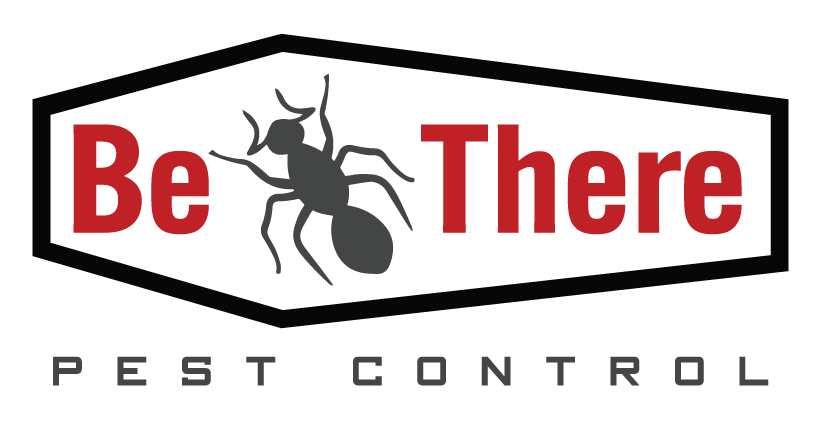How Not to Handle an Ant Infestation in Your Home
It’s that time of year again. You walk into the kitchen and see ants marching up and down your countertops and along your cabinets. These tiny insects are invading your home in search of food and shelter.
Ants in a home are an annoying nuisance. They’ll get all over your dishes and sink and infiltrate your food supply. You want them gone, so you try to do the best you can to remove them. Homeowners often make mistakes when trying to deal with an ant infestation in their St. Paul, MN home which leads to an even bigger infestation or the use of harmful chemicals. Learn what not to do to quickly eliminate an ant problem from your home.
Squish’em Dead
The most common way that homeowners try to deal with ants is to squish them. You see the line of ants moving along the countertop, so you take a washcloth or paper towel and start to squish. While this kills the ants you see, it doesn’t fix the problem. Sooner or later, more ants will definitely show up.
This is because there’s an ant colony nearby and thousands of ants are getting inside your home. The colony needs to be dealt with by a professional in order to ensure the ants are removed completely. At Be There Pest Control, we provide full ant control services so you don’t have to deal with an ant problem in the future.
Harmful Chemicals
Another common way that homeowners try to deal with ants is to use chemicals. They go to the local hardware store and buy the first thing they see that has ants on the bottle. Such chemicals can damage your home and create potential health problems for your family members and pets.
It’s best to skip using harmful chemicals and let the experts provide quality ant infestation services in your St. Paul, MN home. We use proven methods that are safe for your home, family, and pets to ensure the ants are gone for good.
Give us a call today to learn more about our ant control services. We look forward to helping you clear out ants from your home!

